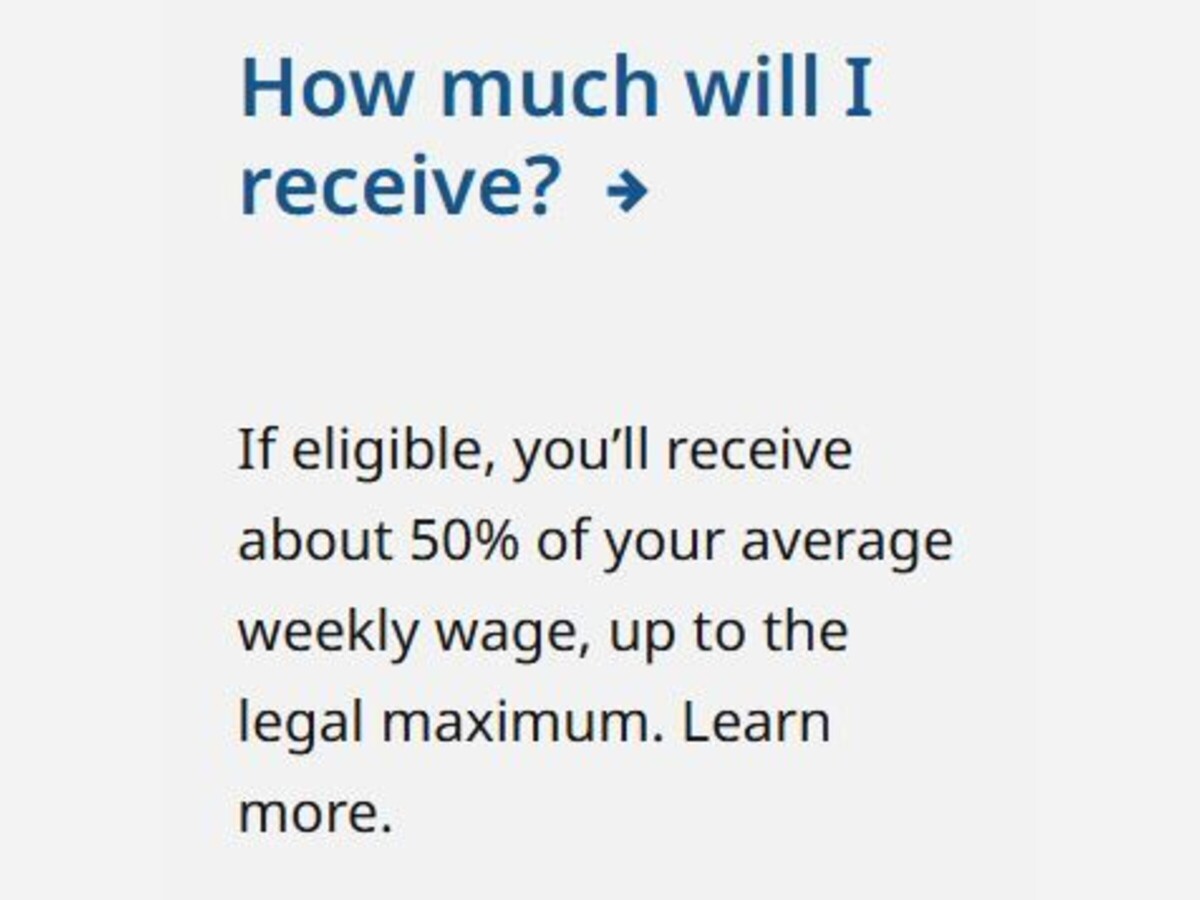Image

Even as newly announced unemployment rates in Western Massachusetts triggered a longer benefit period for all state recipients, the Massachusetts Fiscal Alliance was taking aim at the administration for effectively hiding major job losses with sharply higher government hiring.
The group cited newly released employment data that revealed a net loss of 24,800 private sector jobs over the last year, an economic red flag that is being covered over by a surge in government hiring. (To view the data, please click here.)
According to the March jobs report from the Executive Office of Labor and Workforce Development, the Commonwealth’s economy is in retreat where it matters most: the private sector. While Massachusetts shed nearly 25,000 private sector jobs since March 2024, the most significant employment growth came from an explosion in government hiring, with ten thousand new public sector jobs created at the state and local level, while federal employment in the state declined by 500 jobs.
People filing new unemployment claims this week, as well as eligible existing claimants, can now receive benefits for up to 30 weeks, up from the previous maximum benefit period of 26 weeks.
Why? An extension of jobless benefits is triggered under state law when the unemployment rate in any of the commonwealth's seven metropolitan statistical areas exceeds a 5.1% threshold, measured across a 12-month average, according to the Executive Office of Labor and Workforce Development. New federal data show the Springfield area hit an unemployment rate of 5.2%.
"This change is required by state law that was passed in 2003. The [Department of Unemployment Assistance] will be in communication with claimants on next steps," EOLWD spokesperson Matt Kitsos said in a statement to the News Service on Tuesday. "Our administration is working with stakeholders and our state and local partners as we conduct a comprehensive review of the UI Trust Fund and implement our new, modernized online system to best serve the residents of Massachusetts. We will continue to connect skilled workers with employers, train and prepare future talent, and make life more affordable for everyone."
Since July 2023, Bay Staters have been eligible for a shorter benefit window of 26 weeks due to a lower level of unemployment. That change kicked in after all metro areas logged unemployment rates at or below 5.1%.
The 12-month unemployment average is currently below 5% in the other six metro areas, according to EOLWD. The Barnstable area trails closest to Springfield, at 4.9%.
The National Federation of Independent Business, which called attention to the benefit period extension before state officials confirmed it Tuesday, urged lawmakers to tackle unemployment insurance reform. Business groups like NFIB contend that employers are strained by steep costs from the unemployment system, including due to large benefit amounts and broad eligibility parameters.
"The cracks in our broken unemployment insurance system are now becoming chasms," Christopher Carlozzi, Massachusetts state director for NFIB, said in a statement. "This is yet another example of the Commonwealth's outlier policies compounding a worsening UI crisis, as we are the ONLY state in the nation that allows recipients to collect 30 weeks of benefits."
The statewide unadjusted unemployment rate for March was 5%, according to the U.S. Department of Labor's Bureau of Labor Statistics. That is 0.8 percentage points above the nationwide unadjusted unemployment rate of 4.2%, EOWLD said. The statewide seasonally-adjusted unemployment rate in March was 4.4%, compared to a national rate of 4.2%.
The state's labor participation in March was nearly 67%, which is 4.1 percentage points above the national average, EOLWD said.
Earlier this month, the state DUA published the latest quarterly report about the trust fund used to pay joblessness benefits, again projecting the account funded by a tax on employers will dip into the red by 2028.
New data from the state's Department of Economic Research show Massachusetts lost nearly 25,000 private sector jobs over the last year, the Massachusetts Fiscal Alliance pointed out Tuesday. Some 400 federal workers lost their jobs, while state government added 4,400 jobs. The local government sector also gained 6,000 employees.
"Private sector employers are facing rising energy costs, burdensome mandates, and an unfriendly business climate," Paul Craney, MassFiscal's executive director, said. "The state is doing serious long-term damage to its economic competitiveness. Every government job added without private sector growth is another step toward eventual fiscal ruin. Massachusetts needs a private sector comeback, not more bureaucrats on the state payroll."